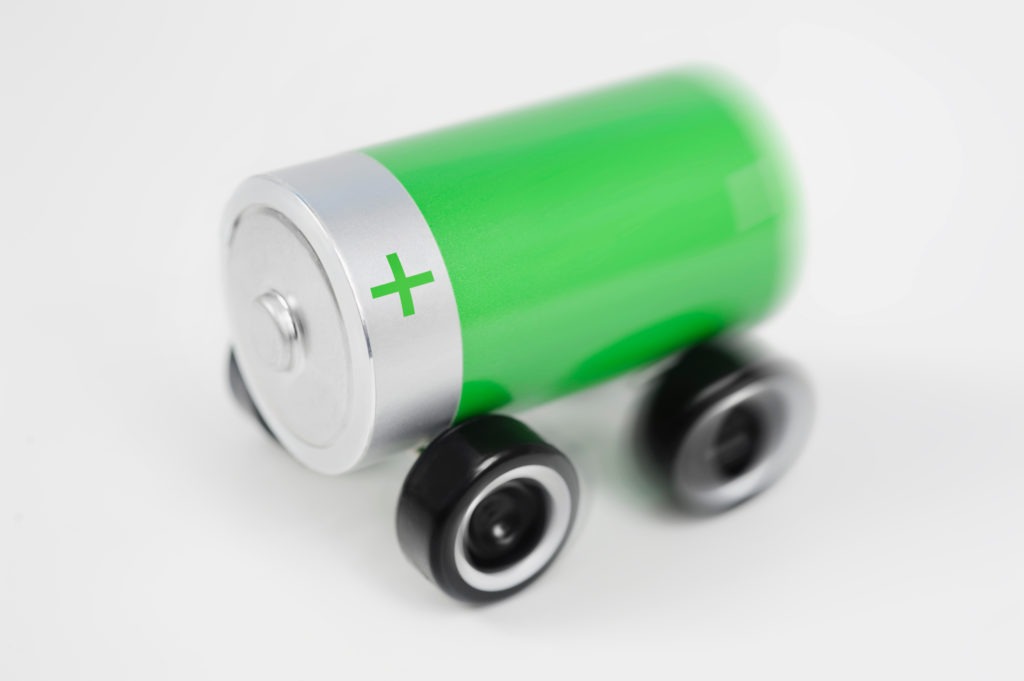VW fails to secure long-term cobalt supply for electric vehicle push
16 October 2017

16 October 2017
As it prepares to launch a new range of electric models onto the automotive market by 2025, Volkswagen (VW) has failed in its attempt to secure a long-term supply of cobalt from one of the world’s leading suppliers of the material.
Vehicle manufacturers will require large amounts of cobalt in order to develop the li-ion (lithium ion) battery that powers electric vehicles (EVs). These will require much larger quantities of raw materials than those found in smartphones and iPads. This is challenging small markets for lithium and cobalt, which have seen dramatic price rises.
More than 60% of cobalt is mined in the Democratic Republic of Congo, which has raised fears among automakers over security of supply. Prices have jumped by around 80% since the start of 2017, meaning car makers are looking to secure long-term supplies at favourable prices in order to bring in large quantities of the raw material for battery development.
According to the Financial Times, VW issued a tender last month seeking a minimum of five years of supply at a fixed price, according to people familiar with the process, but struggled to find any takers. According to the report, the carmaker put off miners by suggesting a price that was well below current market prices.
′Volkswagen is looking for long-term strategic solutions for important e-mobility raw materials in order to ensure capacity and price stability,’ a spokesman for the manufacturer told the newspaper.
Tesla Motors and BMW are also said to be looking for supplies of cobalt, according to people in the market, though no formal tenders have been issued by those manufacturers.
While VW did not give a specific amount of cobalt required, based on the tender it would need 80,000 to 130,000 tonnes of cobalt, one trader said. The current market is just over 100,000 tonnes a year.
The German carmaker has announced that it will roll out 80 new electric cars across all its brands in the group by 2025, and have an electrified version of every model by 2030, as it plans to invest €20 billion in the technology. The German company had previously said it would spend more than €10 billion by 2025 on a move to electric vehicles.
In order to meet the projected over 150 gigawatt hours of li-ion battery capacity annually for its own fleet alone, the manufacturer began its tender process for long-term strategic partnerships for China, Europe and North America in September, with an initial deadline until the end of that month, although it has since been extended. The procurement project is one of the largest in the history of the automotive industry, with a total order volume of over €50 billion just for the Group’s future volume vehicles. This would bring the German manufacturer’s total investment in EV technology to €70 billion.